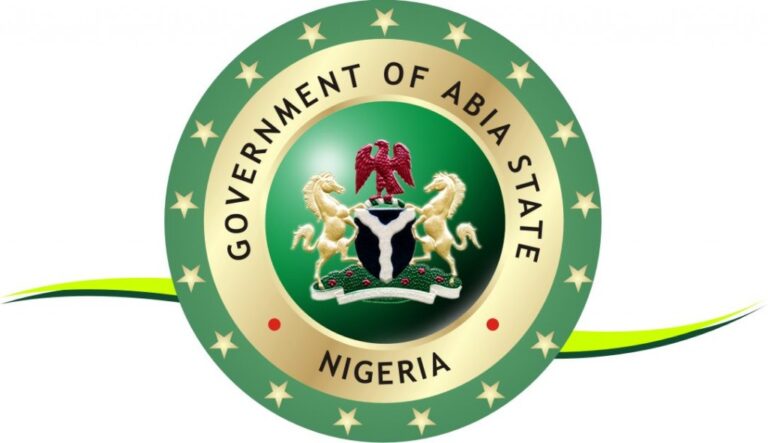Leader of the 7th Osisioma Ngwa Legislative Council and Councilor representing Osokwa Ward, Hon. Victor Ngwakwe, has lamented the growing hardship, frustration, and anger among residents at the grassroots level, blaming the situation on the alleged lack of access to local government funds.
Ngwakwe, who spoke passionately about the plight of councilors and constituents in Osisioma Ngwa Local Government Area, described the condition as “depressing,” noting that local government representatives are overwhelmed by public demands they lack the resources to meet.
“The grassroots suffer because the local government runs without funds. There’s a lot of pressure coming from our constituents across the 10 wards of Osisioma Ngwa. Councilors are going through depression because our people expect us to deliver, but we have no funds to work with,” he said.
According to him, the people are not asking for much — only the basic social amenities expected of the government, but years of neglect have eroded trust in local representation.
“It’s obvious that many old people in different wards won’t trust us again if we fail to deliver our campaign promises. Our people don’t have access to those at the state level; they only know and can reach their councilors,” Ngwakwe added.
Citing the Fourth Schedule of the 1999 Constitution (as amended), he argued that while councilors lack the constitutional right to independently execute projects, the situation in Abia State has become extreme, as the local government system allegedly operates under total state control.
“It seems that it’s only in Abia State that this section of the Constitution is implemented 100%. Everything — from appropriation of local government funds to project execution — is done at Government House, Umuahia. That’s against the Constitution and the Local Government Act,” he emphasized.
Ngwakwe, who represents Osokwa Ward, said many of his constituents are aware of federal allocations to the local government and expect tangible results, making the lack of funding even more frustrating.
“The funds allocated to Osisioma Ngwa are enough to make a difference, but we have no access to our monthly allocations. Abia State controls the local government money, and this has crippled local administration,” he declared.
He explained that most visible projects by councilors are personally funded or supported by friends and political allies, a situation he described as “unsustainable.”
Despite the challenges, Ngwakwe assured residents that the ten councilors of Osisioma Ngwa remain committed to serving their people.
“We are ready to work effectively if given the chance. The system, as it is, makes councilors almost useless because we are not recognized in most state functions. Yet, we keep working behind the scenes to turn things around,” he said.
He concluded by aligning with the position of the Deputy Speaker of the House of Representatives, Rt. Hon. Benjamin Kalu, noting that the federal lawmaker’s persistent advocacy for the rule of law and true separation of powers resonates with the challenges faced at the grassroots.
“Our indefatigable Deputy Speaker has always asked the right questions. As a lawmaker who believes in the rule of law, he must speak out when separation of powers is nonexistent,” Ngwakwe stated.

